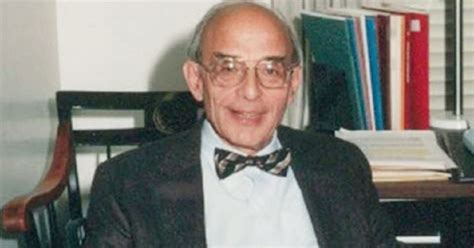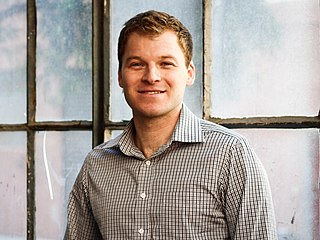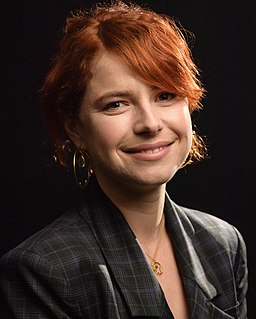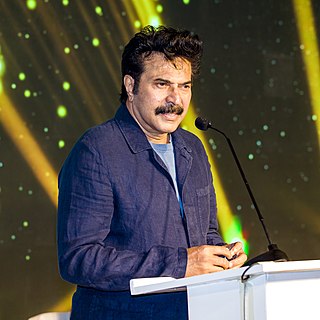A Quote by Edwin Catmull
While problems in a film are fairly easy to identify, the sources of those problems are often extraordinarily difficult to assess. A mystifying plot twist or a less-than-credible change of heart in our main character is often caused by subtle underlying issues elsewhere in the story.
Related Quotes
Hiring and retaining talent in the tech industry is expensive and vital. Those people have real power over their bosses, especially because it is often fairly easy for them to find work elsewhere, and employee walkouts are terrible PR for these leaders who are often obsessed with their public image.
To be open to inspiration, one must cultivate a leaning for the problematic, a chronic attraction to things that do not totally fit, agree, or make sense. Inspired ideas are less often solutions to old problems than newly discovered or totally reformulated problems - problems 'created' like brilliant works of art.
Until we start attacking the root of the historical problems of discrimination against Indians, and those Indians begin in these stereotypes, that Indians are less civilized than us, they're less able to exercise self-governing functions. Until we get to the roots of those problems, we're not going to change legislation. We're not going to change the hearts and minds of the Supreme Court.
Most people would rather change their circumstances to improve their lives when instead they need to change themselves to improve their circumstances. They put in just enough effort to distance themselves from their problems without ever trying to go after the root, which can often be found in themselves. Because they don't try to change the source of their problems, their problems keep coming back at them.
Most people define learning too narrowly as mere 'problem-solving', so they focus on identifying and correcting errors in the external environment. Solving problems is important. But if learning is to persist, managers and employees must also look inward. The need to reflect critically on their own behaviour, identify the ways they often inadvertently contribute to the organisation’s problems, and then change how they act.
My career was always about working with people, and understanding issues and problems and helping them to solve those issues and problems. How you deal with people - that's what diplomacy is all about. So while I'm not a career diplomat, many of the skills I had seemed to directly translate into the diplomatic arena.



































